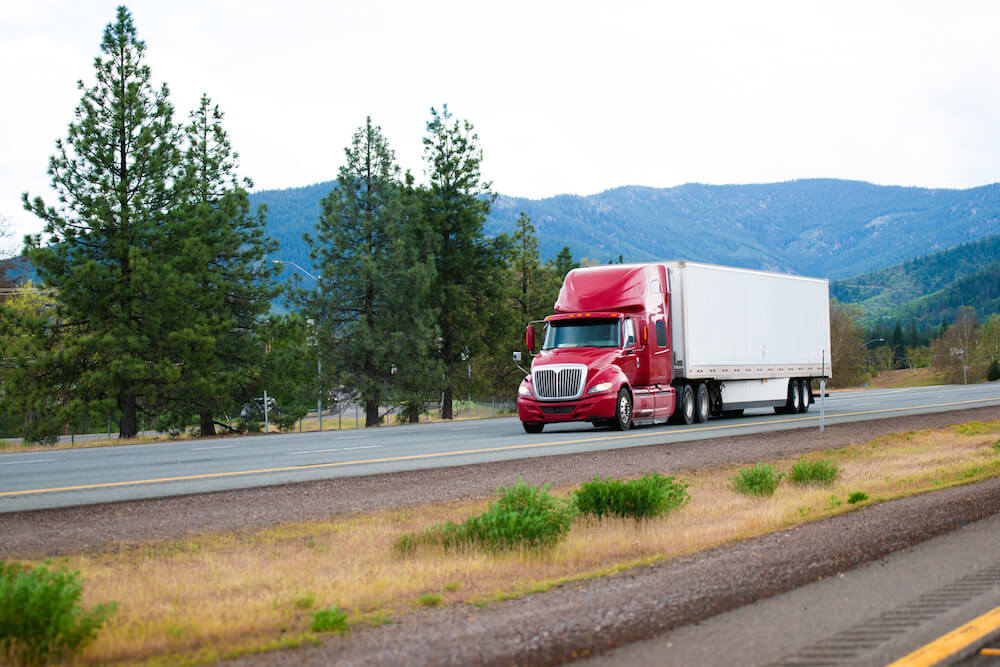One of the first decisions you face as a new owner-operator is whether to operate under your own authority or lease onto a motor carrier. While each option has its advantages and disadvantages, the majority of new truckers opt for the latter. The biggest benefit of doing so is that the motor carrier finds loads for you to transport instead of you having to do it yourself. The company you lease from may also pay for fuel, insurance, maintenance, and repairs.
Another reason newer drivers often prefer to lease onto a motor carrier is that it allows them to learn more about the industry before making the commitment to operate under their own authority. If you have made that decision, the next things you need to determine are the types and amounts of insurance coverage you must obtain.
Insurance requirements when leasing onto a motor carrier
The Federal Motor Carrier Safety Administration (FMCSA) requires all motor carriers who allow others to operate under their authority to obtain primary liability and cargo insurance at a minimum. However, the carrier can pass those costs onto you. It is important to read your contract carefully to ensure you understand the amount and reason for each cost you must pay.
Primary liability trucking insurance is the basic requirement for all truckers. The purpose of the policy is to protect others on the road who may sustain bodily injury or property damage due to the actions of the trucker. A good example is if you blow a tire while driving and the tire strikes the vehicle behind you causing injury to the driver and damage to the vehicle. This basic type of insurance coverage does not pay for any damage to your truck, whether caused by you, another driver, severe weather, vandalism, fire, or theft. (You would need physical damage insurance for that.)
Cargo insurance provides financial protection to replace or repair the load you are carrying in case of an accident or another unforeseen event. It typically covers the cost of cleaning and removing debris from roadways as well. Some other potential protection afforded by a cargo insurance policy include repairs to prevent additional losses, lost freight charges from not delivering the load, and legal costs if another person sues you for bodily or property damage.
The motor carrier may also require some types of secondary coverage
Depending on the carrier whose authority you operate under, you might need to carry additional insurance coverage such as bobtail insurance or unladen liability. Your lease should specify both primary and secondary policies that the motor carrier requires. Additionally, you always have the option to purchase insurance over and above the basic requirement to provide yourself with greater protection.
Get big rig insurance quotes.
It can be challenging to fully comprehend all commercial truck insurance requirements and the level of protection each one offers when you are new to a career as an owner operator. Our agents are professionals in the trucking industry who are here to help you find the best possible 18 wheeler insurance. Feel free to complete this quote form or contact us at 678-271-3449 to get the process started.
Source:
https://www.fmcsa.dot.gov/registration/insurance-requirements



